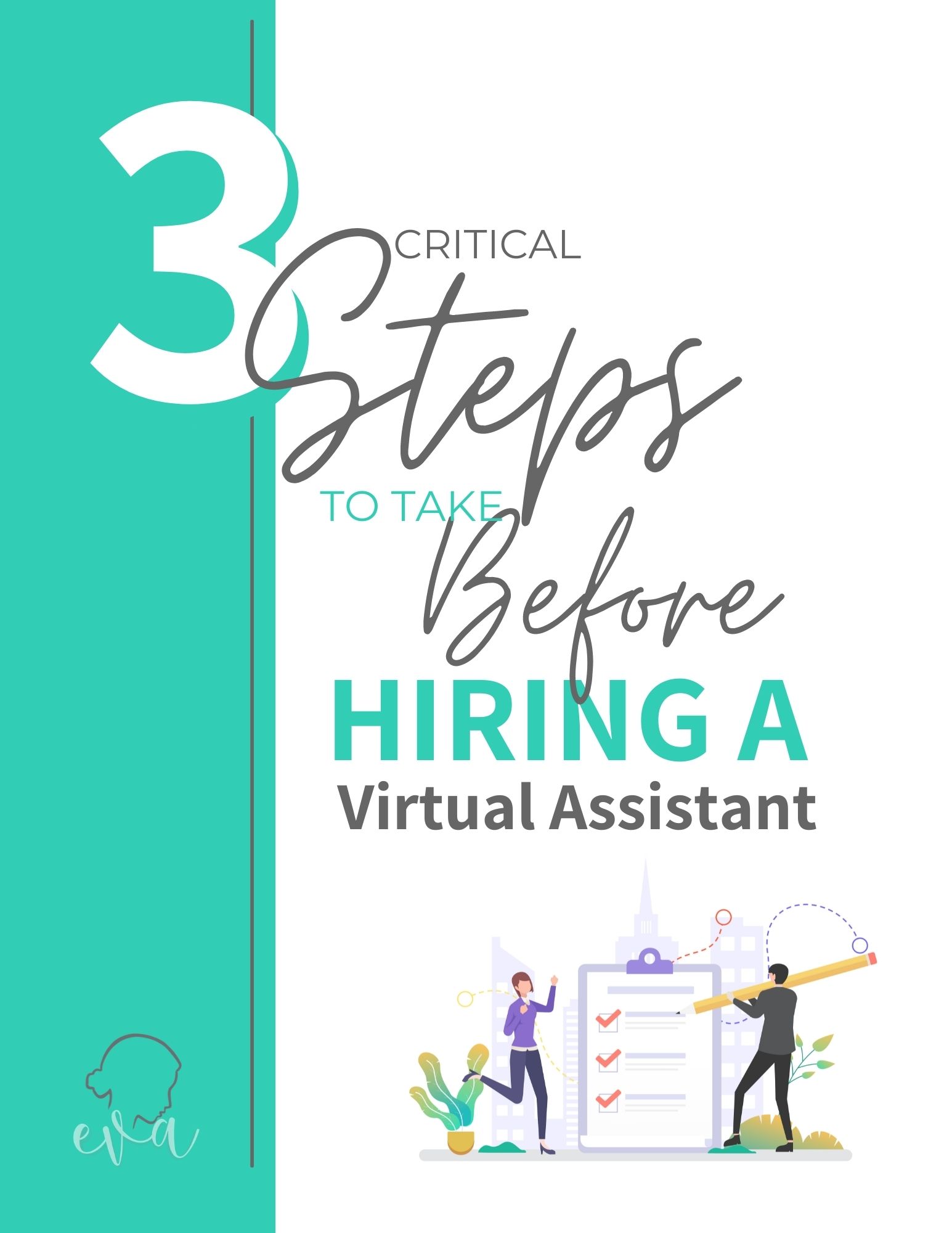Stoicism In The Workplace by Megan Murphy
Stoicism is a philosophy meant to help one deal with the ups and downs of life, teaching the ability to manage and shift your thoughts from being influenced by the world around you to what you’d like them to be. Stoicism enables control of your own narrative with the understanding that there is no “good” or “bad” in the world, only events that occur in our lives. It’s up to you to work with them instead of against them and utilize all the parts of your life to your advantage.

image credit: Wikipedia
This type of lifestyle takes practice and commitment. Stoicism is not something to pick up overnight. But a little goes a long way and it’s my feeling that a few stoic mantras and/or practices can help your workplace and team run smoothly.
“The obstacle is the way.”
The principle here is that whatever is standing in the way of your success needs to be faced head-on. You can’t simply move around these “obstacles” and still obtain the success you seek. To apply this to your business, I think the mantra would be most applicable during problem-solving.
For example,
- Is there a change to your day-to-day procedures that need to be addressed?
- Instead of making roundabout decisions to minimize the discomfort of change, lean into the changes wholeheartedly and find a new perspective.
- Are personnel issues hindering your team’s productivity?
- Instead of separating the team members and creating more work for yourself, try to mediate the problem and face it head-on with a solution that works for everyone.
“Accept what is out of your control.”
- Embracing failure is the only way to get through it without dwelling on your team’s shortcomings.
- There will always be mistakes made, money lost, and/or misfortune within your business. But it’s up to you to get through these “failures” and see them for what they are: opportunities.
“Criticism does not equal conflict.”
- Much like above, embrace the idea that not everyone will be your biggest fan. There are plenty of people out there who have their own ideas of what you should or shouldn’t be doing.
- People can only meet you at the level of their own maturity. Not everything is personal or deserves a response.
- True criticism offers a point and recognizes that while something is not up to standard, it can and should be fixed. Someone criticizing you should not make you feel bad or belittled. Challenge yourself to see what they’re saying as a positive; and if it fits, try to use the advice(see the change there?) to better your business.
There are plenty of stoic resources and readings to get started with. I’d recommend starting with philosopher Marcus Aurelius and his teachings. Most of these principles can be applied to both professional and personal life.
Take care of yourself and your team, and remember, a positive atmosphere changes everything.

